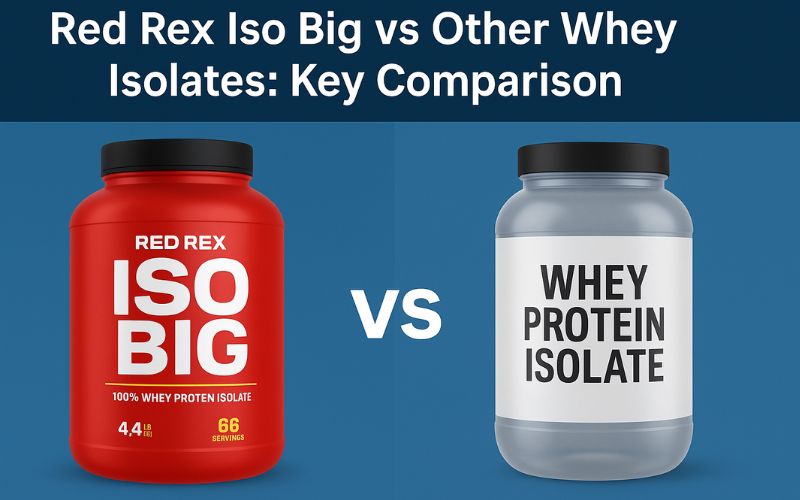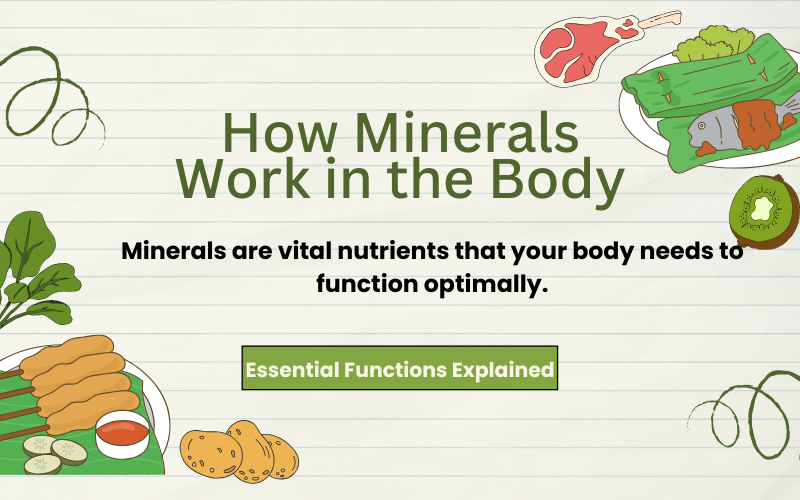Benefits of Working Out: How Exercise Boosts Your Body and Mind
In a world where stress, poor eating habits, and sedentary lifestyles are becoming more common, working out has never been more important. Beyond just aesthetics, regular exercise supports overall well-being, boosting both physical and mental health in ways that can transform your daily life. Whether you’re a seasoned gym-goer or just starting out, understanding the real benefits of working out can help you stay consistent and motivated.
Let’s explore how exercise enhances your body and mind, and why making it part of your lifestyle is one of the best decisions you’ll ever make.
Physical Health Benefits of Regular Exercise
Exercise is one of the most effective tools for improving and maintaining your physical health. Regardless of your age or fitness level, regular physical activity provides a wide range of benefits.
Supports Cardiovascular Health
Cardio exercises like running, swimming, cycling, or even brisk walking help improve your heart health. These activities strengthen the heart muscle, improve circulation, and help regulate blood pressure. Over time, this reduces the risk of heart disease, stroke, and high blood pressure.
Builds Muscle and Strengthens Bones
Strength training, such as weightlifting or bodyweight exercises, helps in building lean muscle mass. Not only does this improve overall body strength and metabolism, but it also helps increase bone density—essential for preventing osteoporosis as you age.
Enhances Flexibility and Mobility
Incorporating stretching, yoga, or Pilates into your routine supports flexibility, joint health, and posture. These activities reduce the risk of injury and improve mobility, especially important for those who sit for long hours or work on screens all day.
Boosts Immune Function
Consistent moderate exercise is known to enhance immune system performance. It helps your body fight off infections more effectively, keeps inflammation in check, and promotes healthy aging.
Mental and Emotional Benefits of Exercise
While the physical advantages of working out are well-known, many people underestimate how deeply it impacts mental health and emotional well-being.
Reduces Stress and Anxiety
Exercise increases the production of endorphins—your brain’s natural stress relievers. Whether it’s a jog in the park or a quick HIIT session, working out helps lower cortisol levels, calming the mind and reducing anxiety.
Improves Mood and Mental Clarity
Physical activity can be as effective as medication in managing mild to moderate depression. It also stimulates the release of dopamine and serotonin—neurotransmitters responsible for mood and pleasure. This leads to a more positive outlook and better mental clarity.
Boosts Self-Esteem and Confidence
Achieving fitness goals, no matter how small, can boost your self-image. Exercise also helps improve body composition and posture, leading to a greater sense of confidence and self-worth.
Better Sleep and Increased Energy Levels
A common benefit reported by those who exercise regularly is better sleep quality. Physical activity helps regulate circadian rhythms, making it easier to fall asleep and wake up naturally. Additionally, the increased blood flow and oxygen delivery during exercise result in higher daily energy levels.
Whether you’re battling afternoon slumps or struggling to sleep at night, adding a consistent workout routine can significantly improve both.
Long-Term Health Protection and Longevity
Exercise isn’t just about looking or feeling good today—it’s a long-term investment in your health.
Lowers Risk of Chronic Diseases
Routine workouts help manage weight, lower bad cholesterol (LDL), increase good cholesterol (HDL), and regulate blood sugar. This significantly reduces the risk of developing chronic illnesses like type 2 diabetes, certain cancers, and cardiovascular diseases.
Promotes Longevity and Quality of Life
Numerous studies have linked regular physical activity to increased lifespan and better quality of life. Active individuals tend to maintain independence longer, experience fewer age-related ailments, and stay mentally sharp well into older age.
Creating a Sustainable Workout Routine
Starting and sticking to an exercise routine doesn’t have to be complicated. The key is to build a habit that fits into your lifestyle and feels enjoyable rather than a chore.
- Start slow and be consistent: Begin with small, manageable sessions like 20–30 minutes of walking, three times a week.
- Mix it up: Combine strength training, cardio, and flexibility-focused workouts to keep things interesting and target different muscle groups.
- Listen to your body: Rest and recovery are just as important as the workouts themselves. Overtraining can lead to burnout or injury.
- Set realistic goals: Whether it’s weight loss, muscle gain, or simply moving more, define clear and achievable targets to track your progress.
Remember, the best workout is the one you can stick to long-term.
FAQs
How often should I work out to see benefits?
Most experts recommend at least 150 minutes of moderate aerobic activity or 75 minutes of vigorous activity each week, combined with strength training exercises at least twice a week.
Can I lose weight just by exercising?
Exercise plays a big role, but pairing it with a balanced, nutrient-rich diet is essential for effective and sustainable weight loss.
What’s the best time to work out?
The best time to exercise is whenever it fits best into your schedule and feels right for your body. Morning workouts may increase energy and focus, while evening sessions can help relieve stress.
Do I need a gym membership to benefit from working out?
Not at all. Bodyweight exercises, outdoor cardio, or home workouts using minimal equipment can be just as effective when done consistently.
Is walking considered a good workout?
Absolutely. Walking is a low-impact, beginner-friendly activity that supports heart health, burns calories, and boosts mood.









Add comment